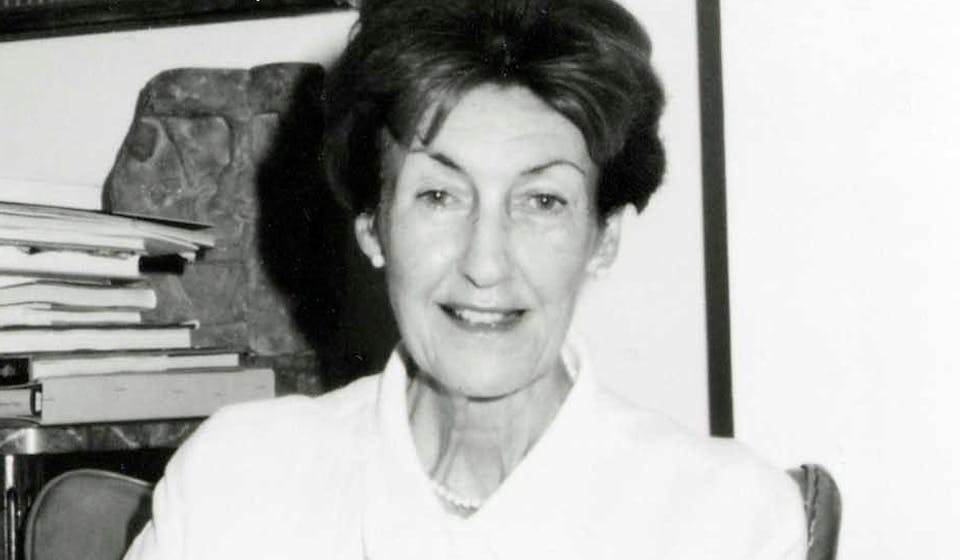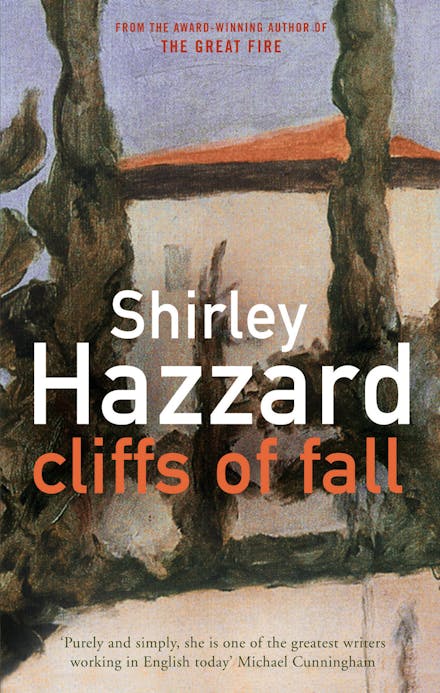Imprint
- Virago
- Virago
Modern & contemporary fiction (post c 1945)
From the award-winning author of The Great Fire.
'Miss Hazzard's mind is a revolving light that picks a scene, holds it in utmost clarity for a moment against the surrounding darkness, and moves on' The New York TimesShirley Hazzard's stories are sharp, sensitive portrayals of moments of crisis. Whether they are set in the Italian countryside or suburban Connecticut, the stories deal with real people and real problems. In the title piece, a young widow is surprised and ashamed by her lack of grief for her husband. In 'A Place in the Country,' a woman has a passionate, guilty affair with her cousin's husband. In 'Harold,' a gawky, lonely young man finds acceptance and respect through his poetry.
Moving and evocative, these ten stories are written with subtlety, humour and a keen understanding of the relationships between men and women.
Praise for Cliffs Of Fall
-
Shirley Hazzard has such a treasury of style that she can economize or splurge, and, because her taste in unerring, every expenditure is right - Vogue

Shirley Hazzard
Born in Sydney in 1931 to a Welsh father and Scottish mother. After the end of the Second World War her father joined the Foreign Service and was posted in Hong Kong and there at the age of sixteen, Shirley Hazzard began working for the British Combined Intelligence Services before the family moved to New Zealand. At twenty she moved to New York and there she worked for the United Nations throughout much of the 1950s, which included a posting to Naples, a city that became much loved by her. She married Francis Steegmuller, translator and biographer in 1963 and they divided their time between Italy and New York. They were introduced by Muriel Spark.
Shirley Hazzard wrote three non-fiction books including a memoir of her friendship with Graham Greene, Greene on Capri. Her last novel, The Great Fire, won the 2003 National Book Award for fiction and the Miles Franklin Award, was shortlisted for The Women's Prize for Fiction (then called The Orange) and named a Book of the Year by The Economist. She died in 2016, aged eight-five.


























.png?auto=compress&w=150&h=60&fit=crop&fm=jpg)


.png?auto=compress&w=150&h=60&fit=crop&fm=jpg)

